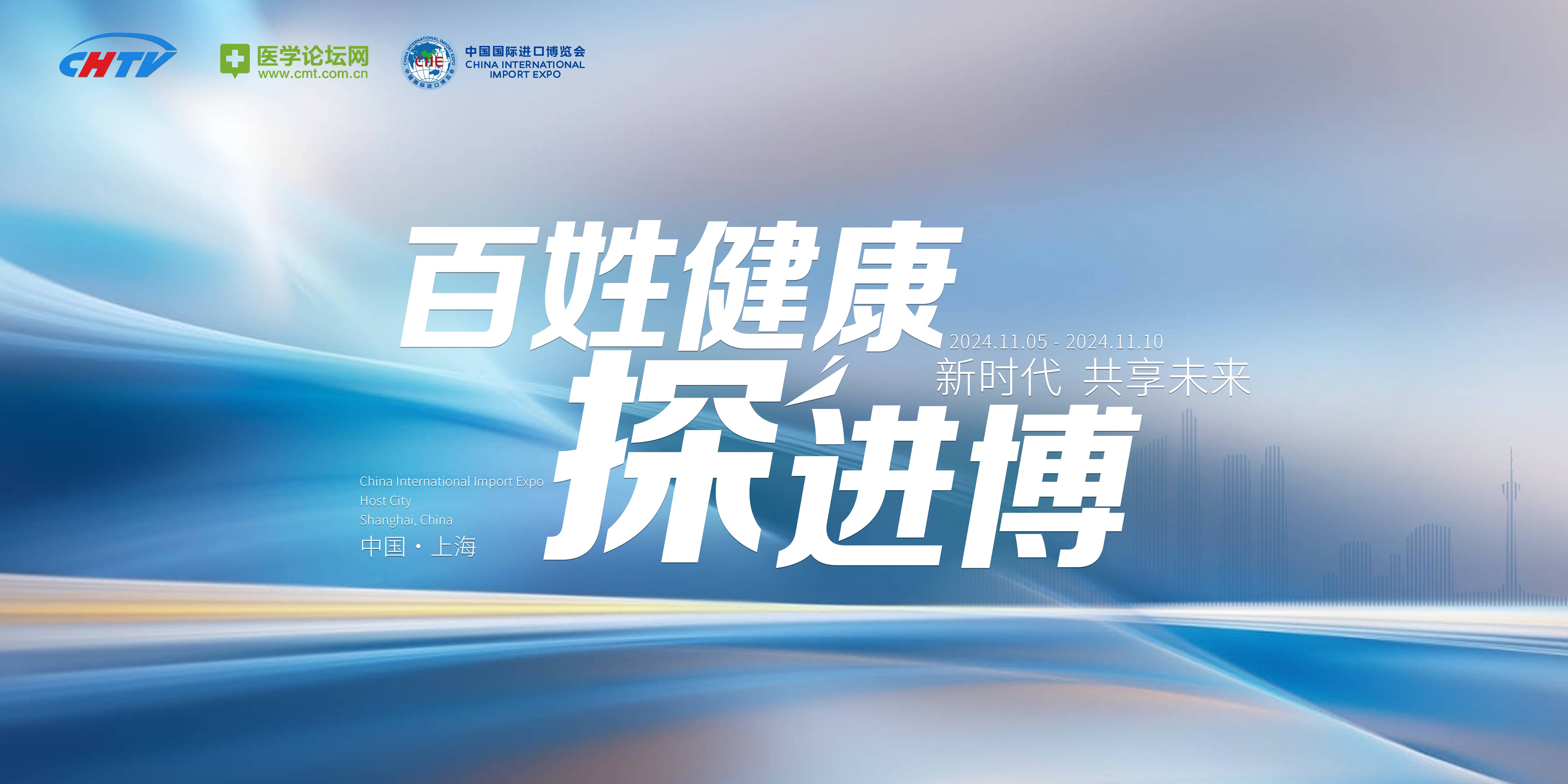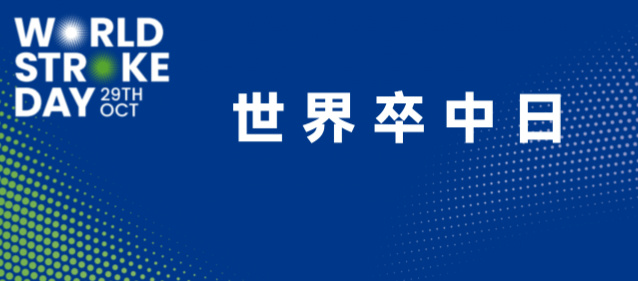二磷酸胆碱对于外伤性脑损伤病人功能和认知障碍的治疗作用
二磷酸胆碱对于外伤性脑损伤病人功能和认知障碍的治疗作用
November 21, 2012, Vol 308, No. 19
Effect of Citicoline on Functional and Cognitive Status Among Patients With Traumatic Brain InjuryCiticoline Brain Injury Treatment Trial (COBRIT)
Ross D. Zafonte, DO; Emilia Bagiella, PhD; Beth M. Ansel, PhD; Thomas A. Novack, PhD; William T. Friedewald, MD; Dale C. Hesdorffer, PhD; Shelly D. Timmons, MD; Jack Jallo, MD, PhD; Howard Eisenberg, MD; Tessa Hart, PhD; Joseph H. Ricker, PhD; Ramon Diaz-Arrastia, MD, PhD; Randall E. Merchant, PhD; Nancy R. Temkin, PhD; Sherry Melton, MD; Sureyya S. Dikmen, PhD
JAMA. 2012;308(19):1993-2000. doi:10.1001/jama.2012.13256.
ABSTRACT
Context Traumatic brain injury (TBI) is a serious public health problem in the United States, yet no treatment is currently available to improve outcome after TBI. Approved for use in TBI in 59 countries, citicoline is an endogenous substance offering potential neuroprotective properties as well as facilitated neurorepair post injury.
Objective To determine the ability of citicoline to positively affect functional and cognitive status in persons with complicated mild, moderate, and severe TBI.
Design, Setting, and Patients The Citicoline Brain Injury Treatment Trial (COBRIT), a phase 3, double-blind randomized clinical trial conducted between July 20, 2007, and February 4, 2011, among 1213 patients at 8 US level 1 trauma centers to investigate effects of citicoline vs placebo in patients with TBI classified as complicated mild, moderate, or severe.
Intervention Ninety-day regimen of daily enteral or oral citicoline (2000 mg) or placebo.
Main Outcome Measures Functional and cognitive status, assessed at 90 days using the TBI-Clinical Trials Network Core Battery. A global statistical test was used to analyze the 9 scales of the core battery. Secondary outcomes were functional and cognitive improvement, assessed at 30, 90, and 180 days, and examination of the long-term maintenance of treatment effects.
Results Rates of favorable improvement for the Glasgow Outcome Scale–Extended were 35.4% in the citicoline group and 35.6% in the placebo group. For all other scales the rate of improvement ranged from 37.3% to 86.5% in the citicoline group and from 42.7% to 84.0% in the placebo group. The citicoline and placebo groups did not differ significantly at the 90-day evaluation (global odds ratio [OR], 0.98 [95% CI, 0.83-1.15]); in addition, there was no significant treatment effect in the 2 severity subgroups (global OR, 1.14 [95% CI, 0.88-1.49] and 0.89 [95% CI, 0.72-1.49] for moderate/severe and complicated mild TBI, respectively). At the 180-day evaluation, the citicoline and placebo groups did not differ significantly with respect to the primary outcome (global OR, 0.87 [95% CI, 0.72-1.04]).
Conclusion Among patients with traumatic brain injury, the use of citicoline compared with placebo for 90 days did not result in improvement in functional and cognitive status.



.jpg)


